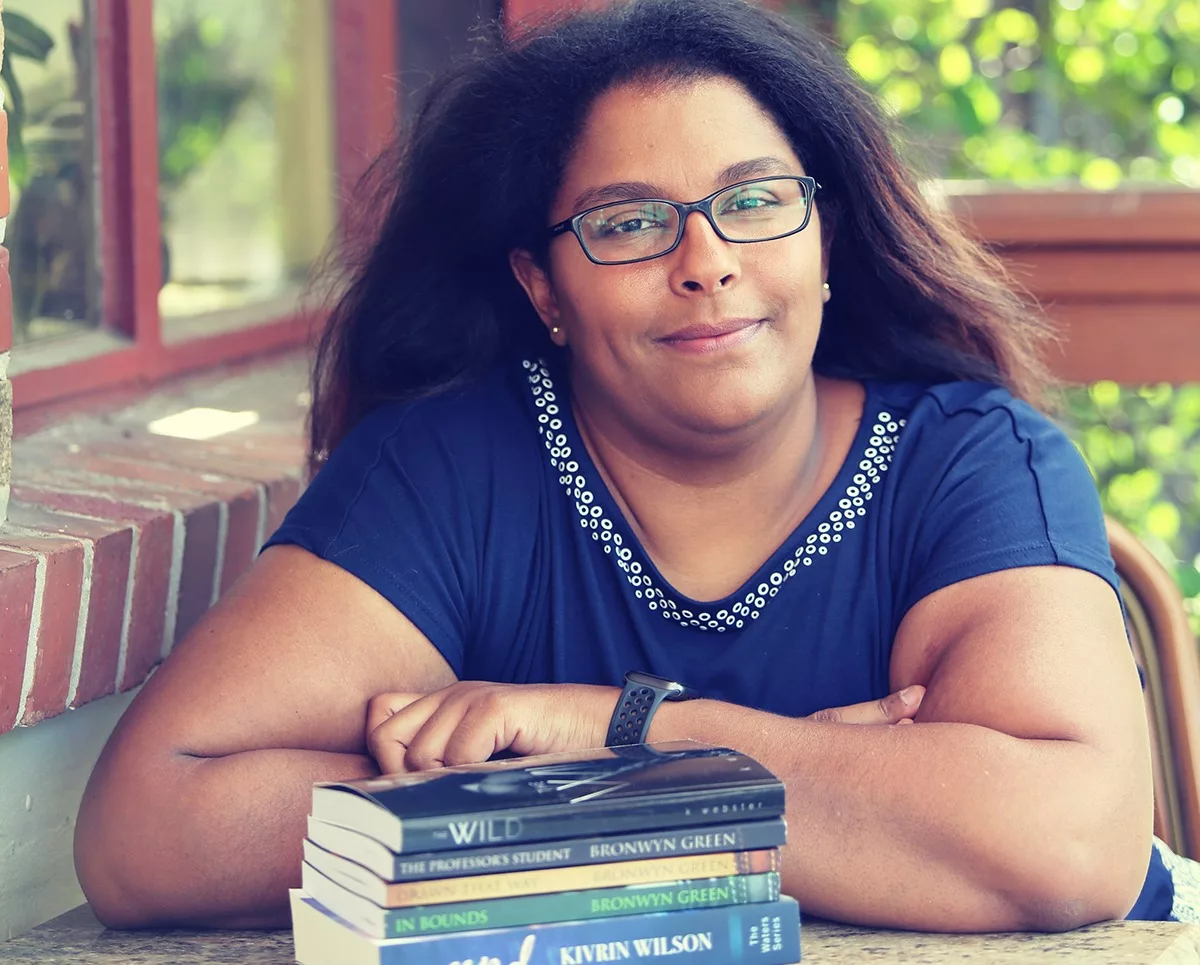This article is part of a series, The Vision of Advocates: Bold Insights From Advancing Racial Equity.
“What if sex was holy and war were obscene?”
— Alicia Keys
Controlling what is considered appropriate sexual interests and behaviors has been around for a really long time — maybe forever depending on how you define that control. It has been used by people to perpetuate feelings of superiority and to create otherness and discrimination. There are documented cases of slave-owners threatening to send enslaved men away if they didn’t stop having sex with whom they wanted and only had sex with whom the slave-owner said they could.
Throughout history and presently, there are examples of women being told to modify their behavior or dress to protect the sexual proclivities of men. One of the number-one arguments against gay men is a verse in the Bible that discusses sodomy. By disapproving of a certain type of sex, anti-LGBTQ activists were able to marginalize an entire group of people.
This pervasive control exists throughout culture, and, as it turns out, even in the romance novel industry. For decades, publishers have confined Black romance authors to all-Black lines, marketed only to Black markets. The same is true for other types of non-heterosexual, non-white romance novels: LGBTQ+ stories, interracial stories, BDSM stories, and erotica in general have all been relegated to being non-published or sold and marketed only in specific exclusionary ways. For many decades, publishers have claimed that their White readers don’t want to read romance novels with heroines of other races and that their readers of color only want to read stories of heroines of color.
There has also been a lot of controversy around publishers publishing and bookstores carrying erotica versus romance novels — once again, controlling what type of sex is deemed acceptable. It also operates under the assumption that people are not smart enough to make their own decisions about pleasure and morality, and so those decisions must be made for them.
The genre itself has often been considered frivolous and full of people who aren’t smart enough to make their own decisions, including the time a lawyer representing a romance writer in a trademark case (in 2018) argued that romance readers are unsophisticated customers and would be confused by two titles with the same word in them. The truth is that readers are anything but unsophisticated and the genre is anything but a joke.
The romance novel industry is a more-than $1 billion industry. Romance readers read multiple books a week, which can be incredibly lucrative for an author who has a following. Unable to get published by traditional publishing houses, many romance writers turned to the Amazon Kindle option, particularly authors of color and LGBTQ+ authors. And, although they are able to self-publish e-books, there are a lot of problems. From metrics gaming to paltry payouts, the world of Kindle Unlimited (KU) is writhe with scandal and requires an exclusivity agreement. Here’s what that means: Amazon controls whose books get recommended and seen in searches. They control which books are banned and are not keen on explaining why a particular book was banned (costing lost revenue). And they require you to not sell your books anywhere else.
All of this is what led Robyn Crawford to launch Eden Books in March 2019. One of her favorite authors had her book banned from Amazon for content, which made Crawford quite mad. She started looking around and saw that many other books were being banned for content — and that they were often by people of color or queer people — and always portrayed some story of sexuality that isn’t considered “proper.” In fact, Amazon’s own terms of service say, “What we deem offensive is probably about what you would expect.” Even the idea that everyone would agree on what is offensive is indicative of a level of societal belief about how relationships and sex should be presented.
Relying on support from her contacts at the University of Florida and the Women’s Collaboratory, Crawford launched Eden Books in almost exactly one year. That was just about one year ago. Since then, Eden Books has had first-day sales that rivaled Amazon and has over 6,200 user accounts. She’s also doing way more than just not banning books.
When you go to the homepage, you can shop “All books” or you can choose a genre from across the top. Displayed predominately are the options of “Authors of color” and “LGBTQ.” Authors are not required to have an exclusivity agreement with Eden, and Crawford has said that she hopes they are selling on other sites, as she wants them to build their following and grow their businesses. Authors upload their own material and can create social groups built around their books and series, right on the platform. There’s no option for unlimited because Crawford feels it truly hurts the authors and she is known for taking user and author feedback seriously.
Here are Crawford’s own words about why Eden Books is so important:
“By simply giving authors of color and author/stories within the LGBTQ community predominant space on our homepage, we’re already combatting the biggest problem within the publishing industry; Eden Books makes it very easy to find diverse books. Many platforms rely on algorithms to make decisions about books that are promoted and supported. As a result, book written by authors of color and/or authors/stories within the LGBTQ community are often buried within a mountain of other books. Authors of color struggle to find an audience. Readers aren’t encouraged to step outside of their comfort zone.
“At Eden, we are returning humanity back to the business of online retail. Humans make the decision about the books we advertise and share on social media and in our newsletter. Books sell better when real people share their reading experience with others. Supporting and encouraging ethnic and religious diversity, equality, and inclusion means giving stories a true, authentic voice and reminds all of the importance of representation for all.
“Love is for everybody, not a one-size-fits-all concept.”
I couldn’t agree more. If you are a romance reader or author, visit Eden Books today. Crawford is currently raising money to roll out an app/e-reader and test a non-unlimited subscription model. Contact her if you have ideas to support this important work.
See the rest of this series at The Vision of Advocates: Bold Insights From Advancing Racial Equity.







